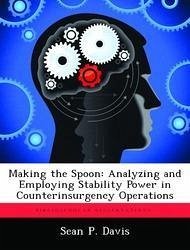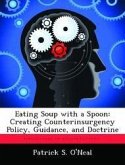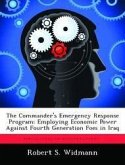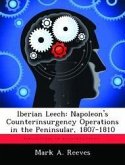In the wake of operations in Iraq and Afghanistan, T.E. Lawrence's description of counterinsurgency (COIN) analogous to "eating soup with a knife" has new meaning in our contemporary military. It describes our kinetic conventional army (the knife) painstakingly operating in a nebulous environment (the soup), attempting to kill or capture terrorists. This monograph adapts the US military's sustainment and support capabilities to provide the military a counterinsurgency "spoon" through the theory of stability power. This thesis determines if the US Military's conduct of COIN operations requires the assignment of combat sustainment and support units as the main effort. In assigning these units this new decisive role, the military maximizes their intrinsic organizational advantages in non-kinetic stability operations. Such stability operations encompass what is decisive in defeating an insurgency. However, the design of current combat power analysis tools is not applicable for stability operations. The determination of a unit's capability in stability operations requires a new analysis model. Therefore, the military needs Relative Stability Power Analysis. Defining an organization's relative stability power is its ability to simultaneously represent all the elements of national power in proportion to the scale of the intervention, to stabilize a failing state. Assessing a unit's ability to do this is a hybrid model of systems theory, the military's logistical estimate model, and the relative combat power analysis tool. Military affairs experts require such a model to justify how many troops are required in the "clear" and "hold" phases and the requirements of the "build phase" in COIN operations. Placing these "build" requirements against the capabilities of the coalition determines operational shortfalls. Requirements-capabilities-shortfalls in Security, Water, Electricity, Academics, Transportation, Medical, and Sanitation (SWEAT-MS) describe Relative Stability Power








